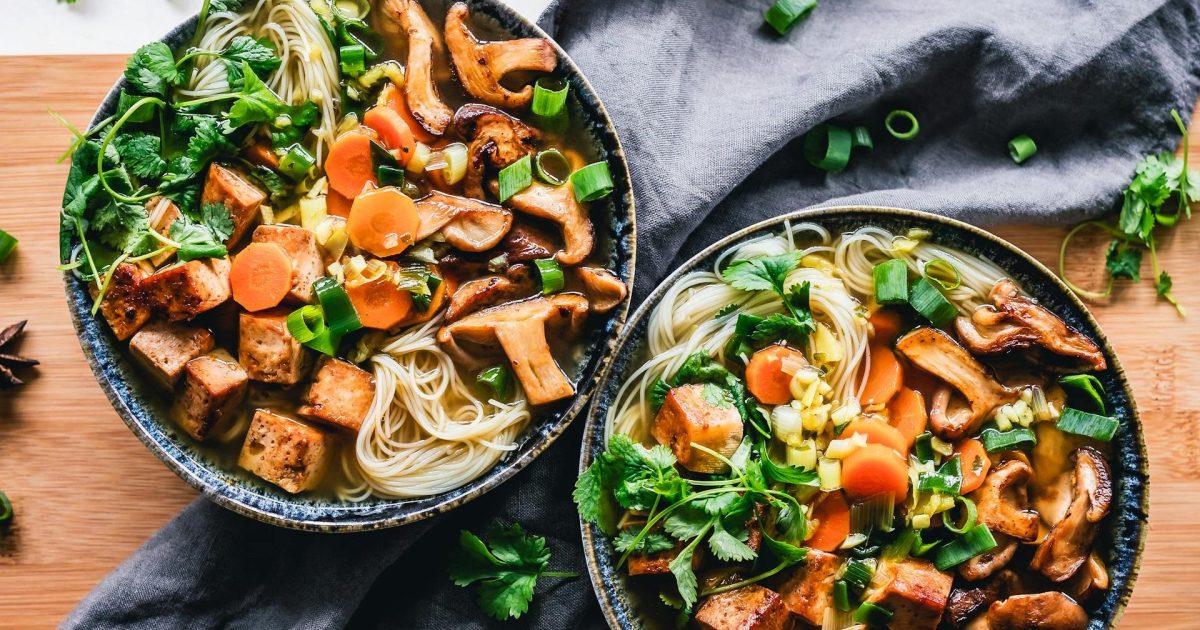Does too much protein damage your kidneys? Do you really need a higher protein intake for optimal muscle growth? What’s the right amount of protein for men to really grow those guns? Are all proteins created equal? Navigating the conflicting and cluttered information on protein can induce a headache, and it’s often hard to discern fact from fiction. Even with over 11 years of experience as a medical and nutrition writer, I still find protein questions arising, and I’m always learning more about these crucial macronutrients.
Sometimes, I find myself craving more protein, especially if I’m feeling a little tired and groggy. In the morning, when I start my day with a higher-protein and lower-sugar breakfast, I find that I have more sustained and lasting energy, not to mention increased productivity that comes along with it. I was interested to learn that the average-sized egg provides around six or seven grams of protein.
Myth-busting with protein expert Dr. Kamelia Kashani

Ello / Unsplash
With all of these myths floating around, I caught up with protein expert and Chief Medical Officer for Lindora, Dr. Kamelia Kashani, to gain valuable insight into the truth about protein. I asked Dr. Kashani to bust the five biggest protein myths and share the signs of a protein deficiency, her favorite sources, her favorite alternative sources, and more.
Here are the five biggest protein myths around.
You can only absorb 30 grams of protein per meal
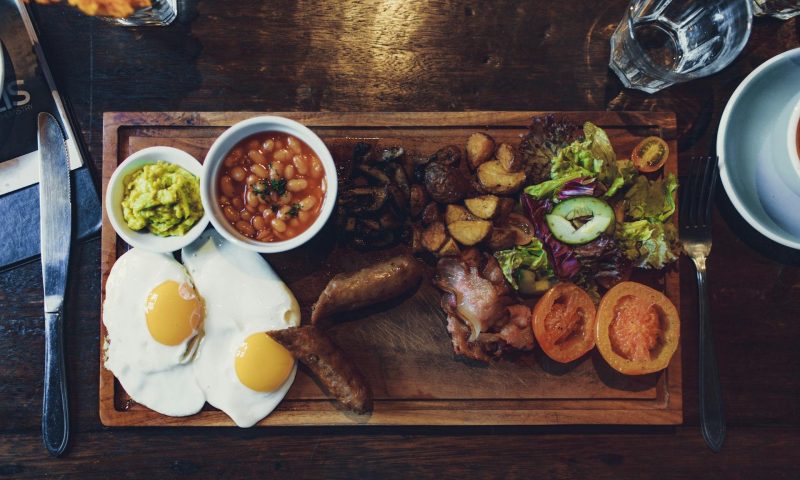
Roman Odintsov / Pexels
Dr. Kashani reveals that this commonly-repeated phrase just isn’t true.
“The idea that your body can only absorb 30 grams of protein per meal is a myth. In reality, your body breaks down and absorbs nearly all the protein you eat, whether it’s 15 grams or 60 grams. What people often confuse is absorption with muscle protein synthesis (MPS) — the process of building muscle.
While studies show that 20 to 40 grams of high-quality protein can maximize MPS in a single meal for most men, any protein beyond that is still absorbed and used by the body for other essential functions. Extra protein helps make enzymes, hormones, and neurotransmitters, supports immune function, aids in tissue repair, and, if truly in excess, can be used for energy or stored. So, it’s not that extra protein is wasted — it just might not all go toward building muscle.”
More protein automatically means more muscle
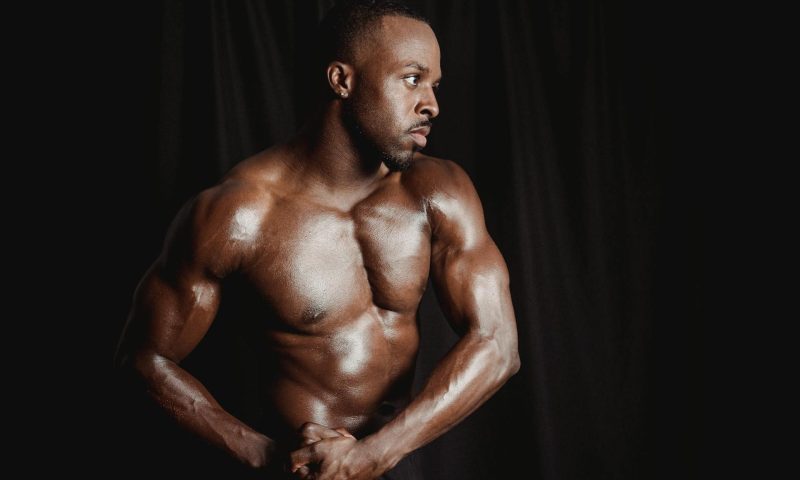
Mike Jones / Pexels
It’s a common misconception that more protein always yields more muscle growth, but as Dr. Kashani points out, there’s a little more to it than that.
“Building muscle requires three key ingredients: adequate protein, resistance training, and recovery. Protein alone won’t build muscle — your body needs a reason to use it. That reason is progressive strength training, which creates tiny tears in your muscle fibers. This signals your body to repair and rebuild stronger muscle, and that’s where protein comes in, providing the raw materials for growth. Without that training stimulus, extra protein won’t turn into muscle; it might simply be used for energy or stored as fat.”
All protein is created equal
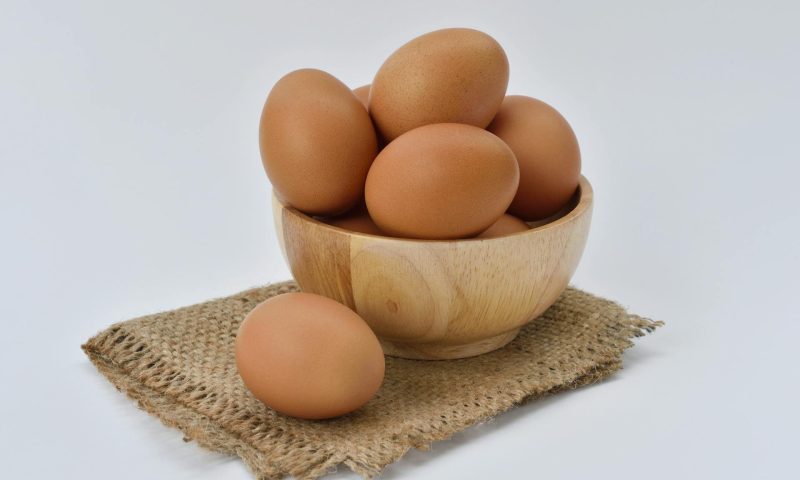
Pixabay / Pexels
Dr. Kashani explains the different types of protein.
“The idea that all protein is created equal is a myth. Protein quality matters — not just how much you eat, but what kind you eat. Animal-based proteins like meat, eggs, and dairy are considered complete proteins because they contain all nine essential amino acids in the right proportions your body needs. Plus, they’re highly bioavailable, meaning your body can digest and use them efficiently.
Plant-based proteins like beans, lentils, and grains can still be excellent sources, but many are incomplete or lower in certain amino acids like leucine, which is key for muscle growth. Their digestibility can also vary depending on the fiber and anti-nutrient content. That doesn’t mean plant proteins are inferior — they just need a bit more planning, like combining different sources (e.g., rice and beans) or using blends to ensure you’re getting a complete amino acid profile. So, while all protein contains nitrogen and amino acids, not all protein supports your goals equally.”
Protein damages your kidneys
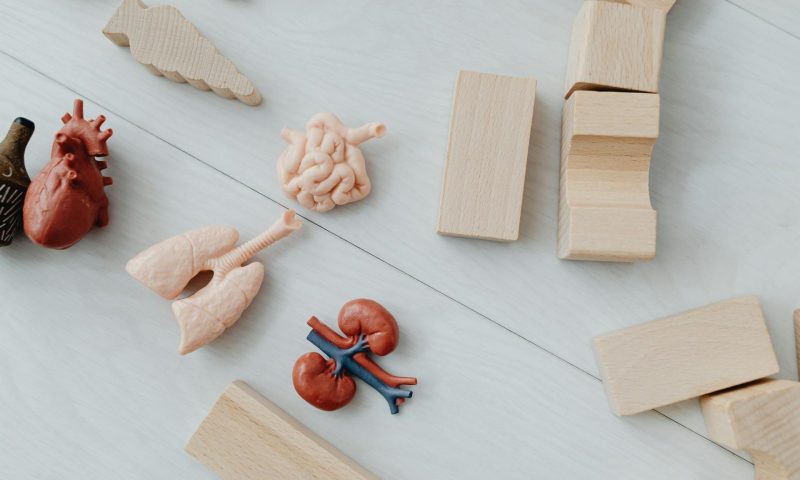
Karolina Grabowska / Pexels
What about protein and kidney health? Dr. Kashani looks at the science.
“The idea that protein damages your kidneys is a common myth that often scares people unnecessarily. In healthy individuals, even higher protein intakes have been shown to be safe and beneficial, with no evidence of harming kidney function. This misconception comes from studies involving people with advanced kidney disease, where protein intake might need to be restricted under medical supervision to reduce the workload on already damaged kidneys.
If you have normal kidney function, there’s no need to limit protein for fear of harm; in fact, adequate protein is essential for maintaining muscle mass, metabolic health, and overall resilience, especially as you age.”
You only need protein if you’re trying to bulk up
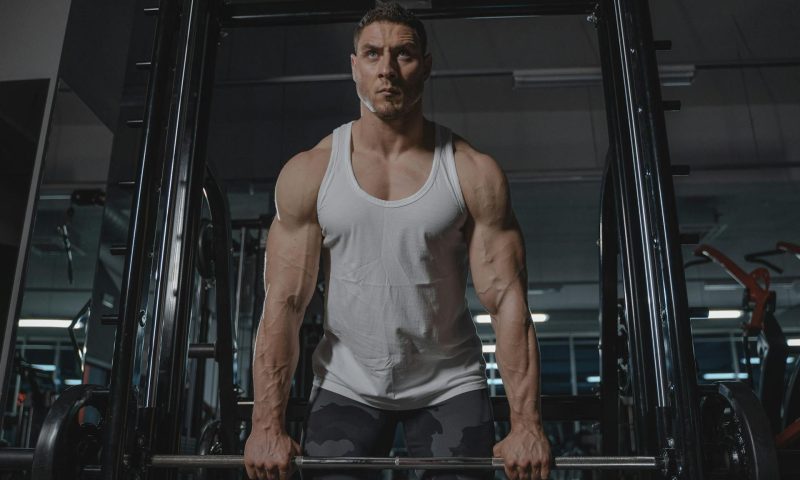
Tima Miroshnichenko / Pexels
As Dr. Kashani explains, protein isn’t just for bodybuilders and gym junkies.
“The idea that you only need protein if you’re trying to bulk up is a myth. Protein is essential for everyone, not just bodybuilders or athletes. It plays a vital role in metabolism, immune function, hormone production, mood regulation, and maintaining lean body mass. In fact, when you’re trying to lose weight, getting enough protein is crucial as it helps you stay full, curb cravings, and, most importantly, preserve muscle mass while you lose fat. Whether your goal is to build muscle, maintain strength, or simply age well, protein is a foundational nutrient your body needs daily.”
